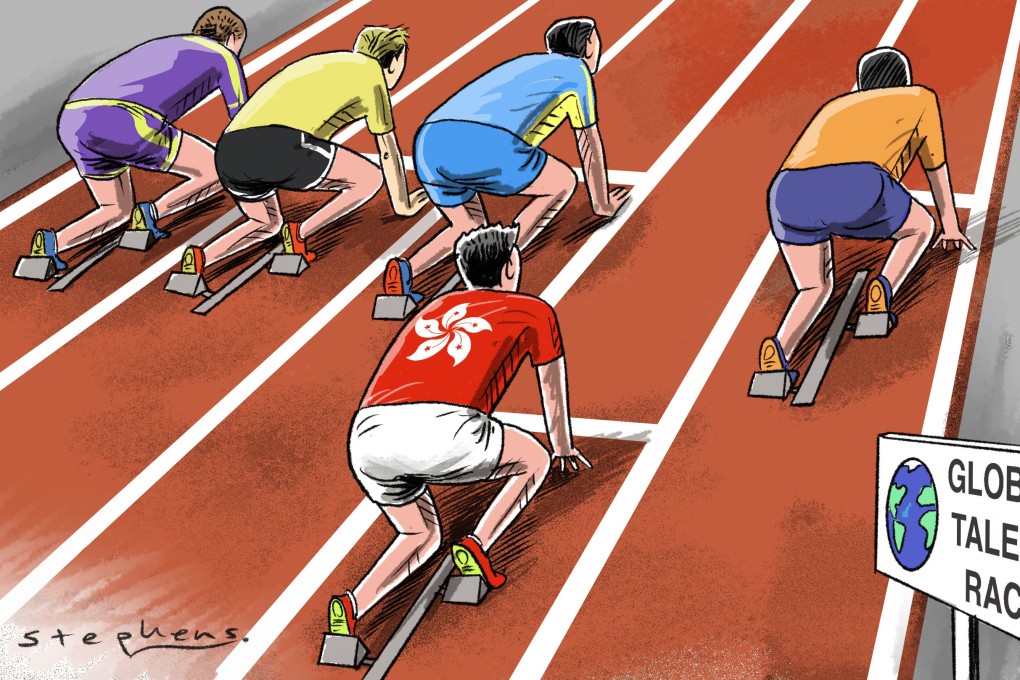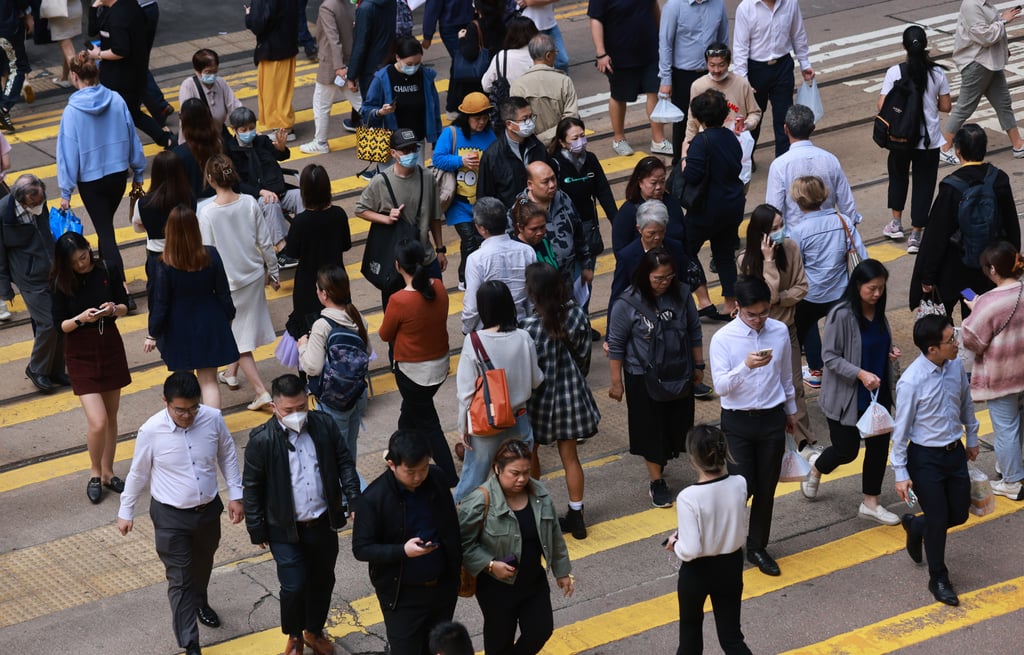Opinion | Talent-hungry Hong Kong can drop the hard sell and learn from Singapore
- One-sided comparisons only expose Hong Kong’s insecurities; it should focus on learning from Singapore’s success in attracting global talent

These constant, one-sided comparisons with Singapore expose Hong Kong’s insecurities and make the city look more like a hard sell when it should focus on learning from Singapore’s success in attracting global talent and diversifying its economy.
Hong Kong’s scheme also allows graduates, but only from the world’s top 100 universities. Singapore’s One Pass, however, does not require a university degree and offers a case-by-case approach for applicants who do not meet the income requirement of S$30,000 a month, roughly HK$2 million a year. As a young university dropout, Bill Gates would not have qualified for Hong Kong’s talent scheme today – by the time he could, he would have had many other options.

Hong Kong’s yardstick of income and academic achievement helps gauge capability and success but is hardly effective in helping find the most motivated and skilful global talent.
